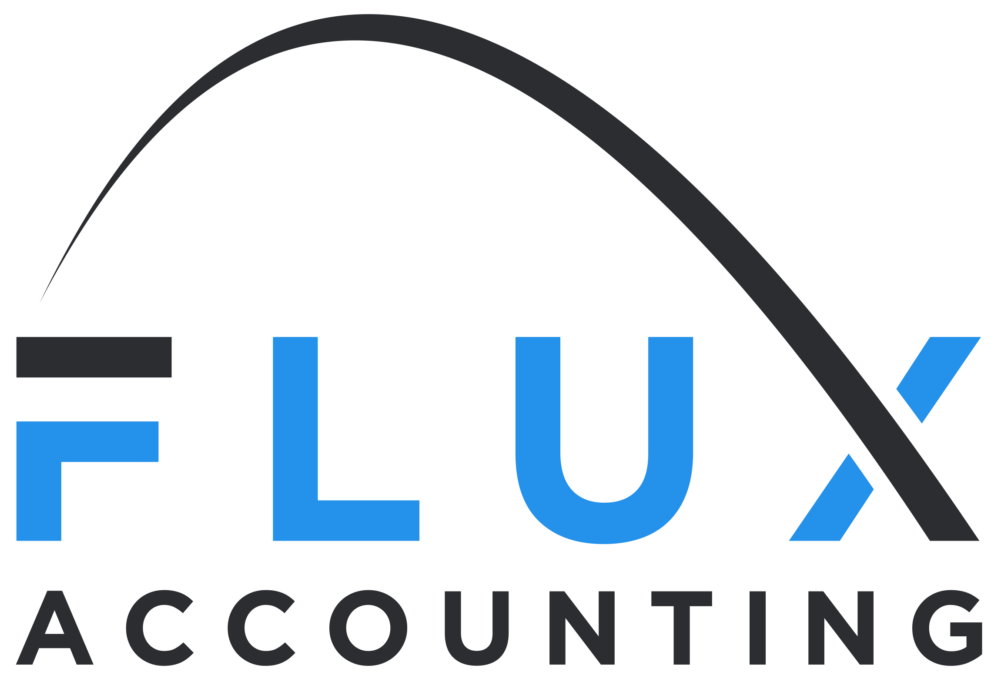What are the retirement planning options?
It’s the end of the year! You just recovered from your Thanksgiving hangover (and I won’t specify whether it was a food or a booze hangover). You’re excited for Christmas…JK you’re stressed about whether your Amazon order will show up on time to wrap it for Christmas morning. In all of this excitement, are you thinking about Roth’s, IRA’s, and 401(k)’s?
My guess is that stresses you out as much as your late Christmas order. So here is a guide to the most common retirement plans:
Roth IRA
This is our first recommendation on your retirement journey. If you meet the income qualifications and are not immediately approaching retirement age, this is typically your best option. The growth in a Roth account is not taxed, allowing you to build up plenty of gains over time without the dreaded capital gains tax.
Traditional IRA
A traditional IRA can be useful in a number of ways. It acts like a 401(k) in that it reduces your income in the year you make your contribution, also known as deferring tax until retirement. However, if you have a 401(k) at work and make too much money for your IRA to be deductible from your income, you can still make nondeductible contributions and do a Roth conversion when it makes the most sense.
401(k)
This is the most potent option you have to save for retirement and defer taxes. Contribution limits are very high, you get company matches and you can even add a Profit Sharing component if you are a business owner that can really boost your retirement contributions.
There are 2 types of 401(k)’s. Bundled and unbundled. A bundled plan comes with all the components of the plan in one package. These are typically expensive and more “cookie-cutter” plans for a small business. An unbundled plan requires the business owner to bring together a TPA, Record Keeper and Financial Advisor to all be a part of the plan. This is a lot of admin work but can be less expensive and suit the owner’s needs better.
Permanent Life Insurance
This option is typically only considered when you have maxed out the first 3 options. Universal and whole life policies are VERY complex and don’t actually work for everyone. Be wary of insurance advisors/salespeople approaching you with a too-good-to-be-true scenario where you cheat the tax system. They are beneficial in rare instances but are typically not as useful as advertised.
For more specific information on using IRA’s and 401(k) in tandem, visit: https://www.nerdwallet.com/article/investing/can-i-have-a-401k-and-an-ira?trk_location=ssrp&trk_query=IRA&trk_page=1&trk_position=6
